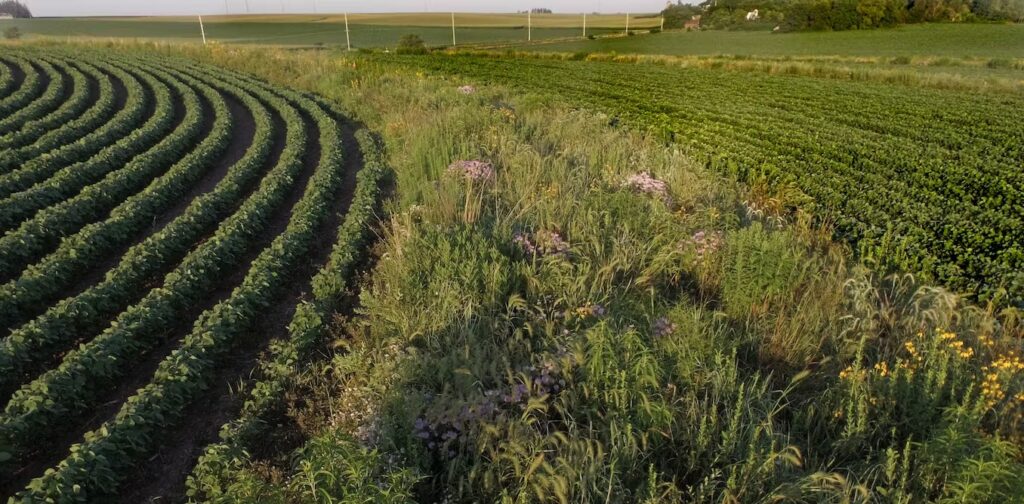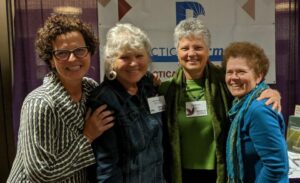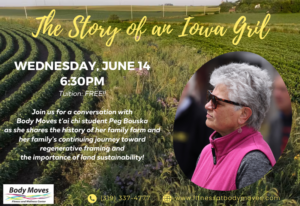
The way food is produced has an effect on the food. Likewise, the way food is produced or livestock is raised has an effect on the environment, specifically the sustainability of the environment!
Sustainability is a buzzword today with a variety of meanings. When it comes to sustainable agriculture, it means:
to provide nutritious food for human consumption
while utilizing farming practices that
preserve natural resources and protect the environment.
Sustainable agriculture can use a variety of farming methods, but its goal is to preserve natural resources and ensure their viability for years to come. Some commonly used sustainable agriculture practices include:
- INCREASED CROP DIVERSITY: Enhances soil fertility, allows farmers to profit from high yields of multiple crops year round, and limits reliance on chemical pesticides.
- PLANTING COVER CROPS: Crops planted to protect soil from erosion and provide it with nutrients between growing seasons; alternatively used for livestock grazing, and limit pesticide runoff, adding organic matter to soil.
- HYDROPONICS and AQUAPONICS: Growing crops without soil so that they can be grown inside or outside in areas with limited space.
- USE OF RENEWABLE ENERGY SOURCES: Harnessing energy sources like solar, hydroelectric, or wind limits dependence on nonrenewable energy.
- NO-TILL FARMING: Avoids the tilling practice which, by turning over the top layer of soil before planting new crops, erodes the soil and kills microbes essential for soil health.
These are just a few examples of the many sustainable agriculture practices that farmers are implementing around the world to preserve our natural resources and provide nutritious food for the global population. One such landowner is Body Moves t’ai chi student Peg Bouska.

Peg, along with her three sisters and brother, inherited their family farm in 2009. Over the years, they have taken deliberate steps to map out their vision for the farm while creating space to navigate sometimes difficult emotional dynamics and differences of opinion with love and compassion.
Together they have increased conservation practices on the land. They also made the commitment to convert the farm to a regenerative agriculture system within 10 years.
On Wednesday, June 14, at 6:30PM, Peg will share the story of her family’s journey as the farm continues to be shaped and molded by family values.
In many ways, this talk will dovetail with Mary McCall’s “Values Series” as the sisters have openly shared about the difficulties they have encountered in the transition of the farm after their parents’ deaths.
Peg’s sister Sally advises “Don’t leave the decision about land until a funeral forces it. That’s a time when people are grieving and stressed, not making their most logical or wise choices.”
Another sister, Carol, recognizes that “Farmers are kind of private people, and it’s really hard to talk about farm legacy planning because you’re planning your death, basically. It requires one to be brave and think deeply; but it is also so rewarding to know that when I leave this planet, I will not be leaving a lot of unresolved issues for the next generation to deal with.” That nod to future generations has given Carol a purpose in life.
Learn more about this fun and fantastic family as Peg shares her personal story and insights gleaned from the journey toward regenerative farming!
The Story of an Iowa Girl
Wednesday, June 14
6:30PM
This is a FREE event!!
Register HERE!!

Don’t delay! Register today!!